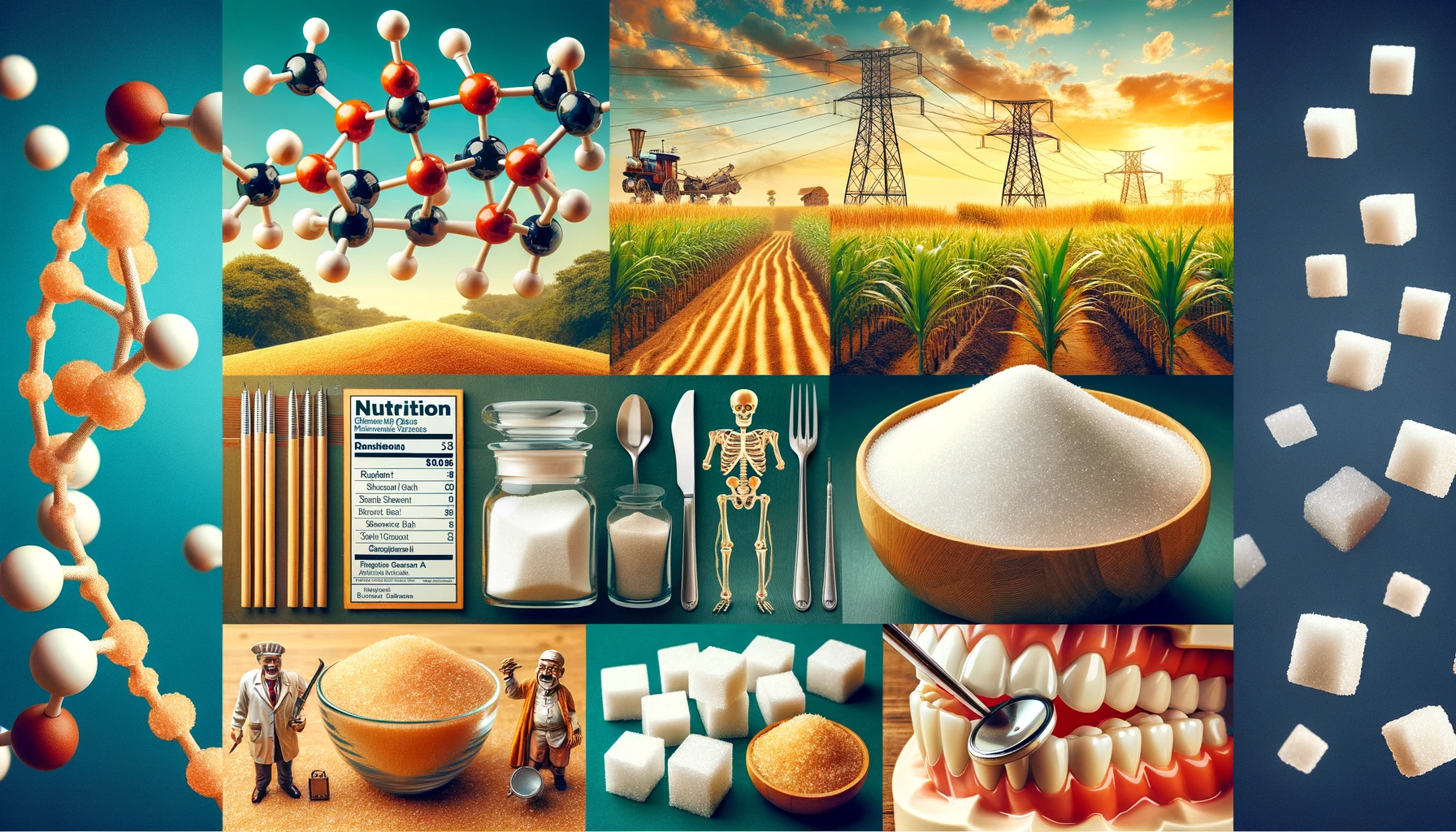Introduction
Diabetes is a chronic health condition that affects millions of people worldwide. One of the key factors in managing diabetes is keeping blood sugar levels under control. In this article, we will delve deep into the relationship between sugar and diabetes, exploring various aspects including different types of sugar, their impact on blood sugar levels, and effective strategies for managing diabetes through dietary choices. Understanding these crucial aspects can empower individuals with diabetes to make informed decisions about their diet and overall health.
Understanding Blood Sugar and Diabetes
The Basics of Blood Sugar
Blood sugar, or glucose, is a sugar that serves as the primary source of energy for our bodies. It is transported in the bloodstream to provide energy to cells throughout the body.
Types of Diabetes
- Type 1 Diabetes: This is an autoimmune condition where the body’s immune system destroys insulin-producing cells, resulting in a lack of insulin.
- Type 2 Diabetes: In this form of diabetes, the body becomes resistant to insulin, and not enough insulin is produced to maintain normal blood sugar levels.
The Role of Sugar in Diabetes
Different Types of Sugar
- Glucose: The simplest form of sugar, and the body’s preferred energy source.
- Fructose: Found in fruits and honey, this sugar has a lower glycemic index than glucose.
- Sucrose: Also known as table sugar, it is composed of equal parts glucose and fructose.
- Lactose: Found in milk and dairy products, it is composed of glucose and galactose.
The Glycemic Index (GI)
Understanding the glycemic index is crucial in managing diabetes. Foods with a high GI can cause rapid spikes in blood sugar levels, while low-GI foods result in gradual and stable increases.
Sugar and Blood Sugar Levels
- Impact of Glucose: Pure glucose raises blood sugar levels rapidly.
- Sucrose and Fructose: Sucrose raises blood sugar less than glucose, while fructose has a lower immediate impact.
- Lactose: Lactose has a minimal effect on blood sugar levels.
Managing Blood Sugar Levels
Strategies for Diabetics
- Carbohydrate Counting: Monitoring carbohydrate intake is essential for managing blood sugar levels.
- Fiber-Rich Foods: Foods high in fiber, like vegetables and whole grains, help stabilize blood sugar.
- Protein Intake: Protein can help regulate blood sugar levels.
- Regular Monitoring: Consistent blood sugar monitoring is crucial for understanding how different foods affect you.
The Role of Sweeteners
- Artificial Sweeteners: These can be used in moderation as sugar substitutes.
- Natural Sweeteners: Stevia and monk fruit are natural alternatives with a low glycemic index.
Portion Control and Meal Planning
Balancing portion sizes and meal timing can play a significant role in managing blood sugar levels. Consult a dietitian or healthcare provider for personalized meal-planning advice.
Conclusion
In conclusion, sugar and diabetes are intricately connected, and understanding how various types of sugar affect blood sugar levels is essential for effective diabetes management. By making informed choices about the types and amounts of sugar consumed, individuals with diabetes can take control of their health and lead a balanced and fulfilling life. Always consult with a healthcare provider or registered dietitian for personalized guidance on managing blood sugar levels and making dietary choices that best suit your needs.
Remember, knowledge and moderation are key to successfully managing diabetes, and with the right approach, you can lead a healthy and fulfilling life even with this condition.
